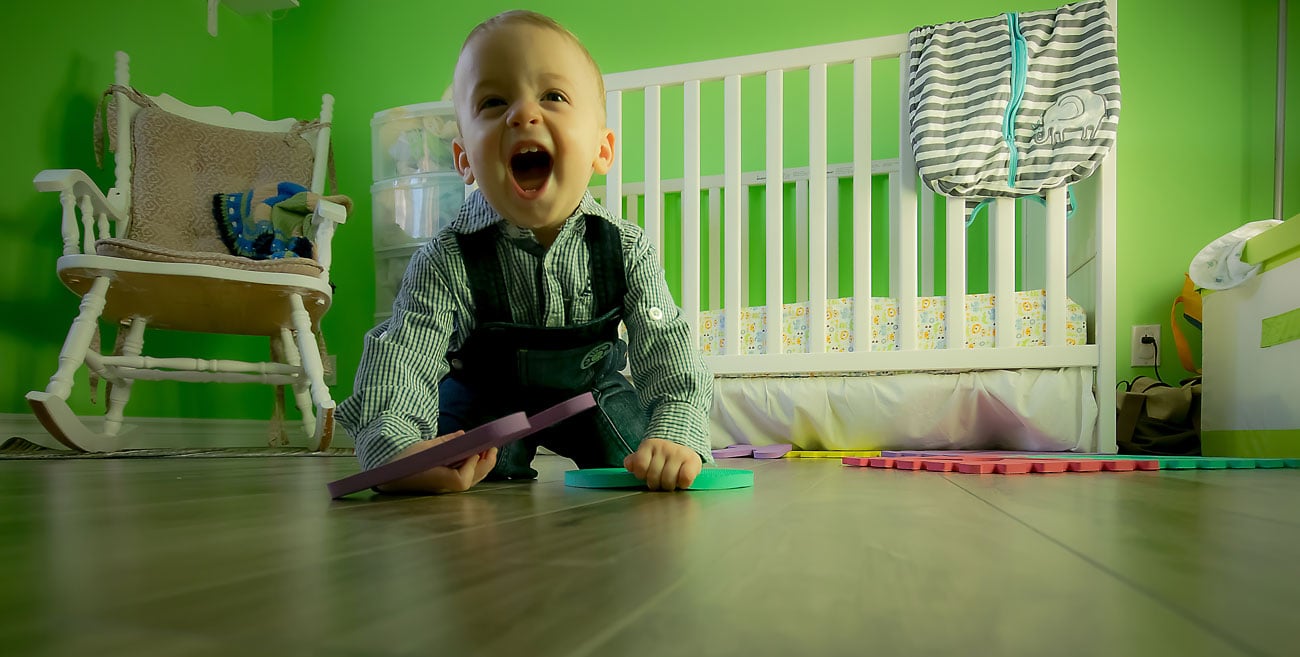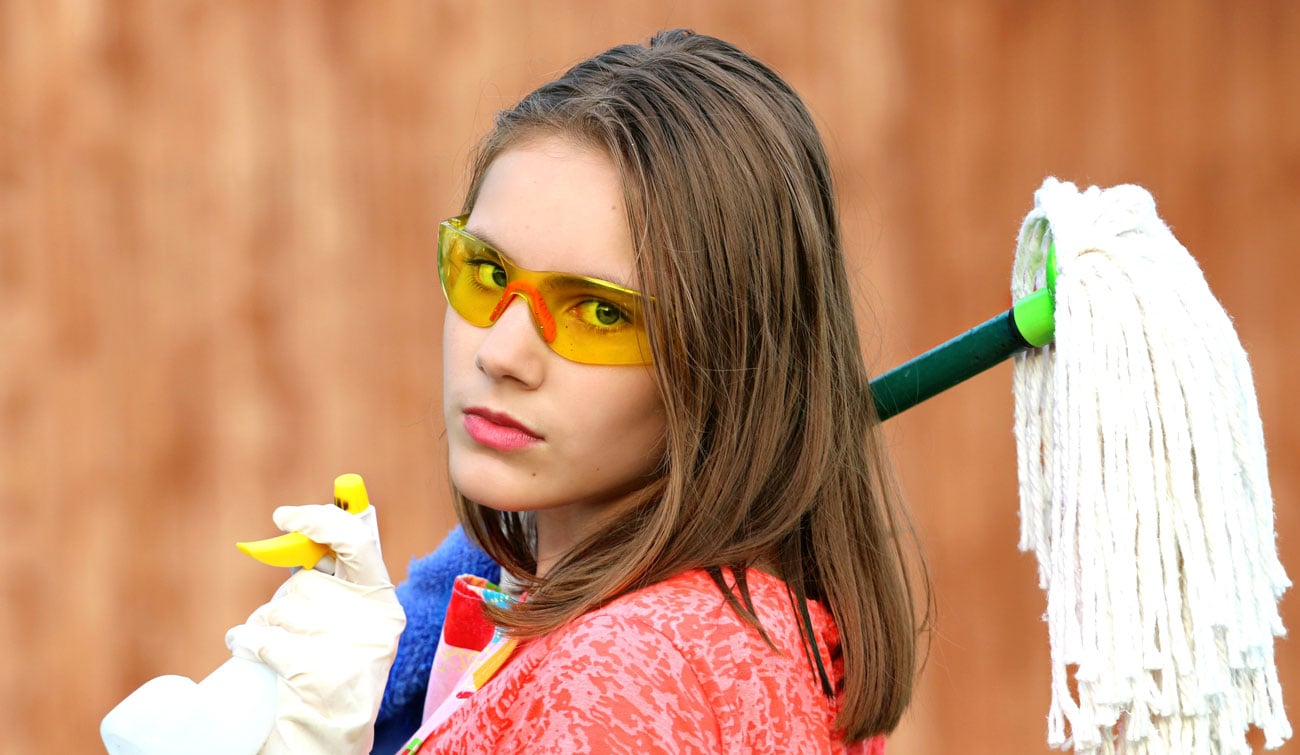
I think that many of us have found our house has been home to more people than usual during the “lockdown” period. Having the kids around has been great but do you feel that your kitchen, living room and bedrooms are not as tidy as they used to be, when we all had a “normal” life?
As the lockdown starts to ease, it’s time to get back into some sort of regular tidying routine. But don’t shoulder the burden yourself, why not get the children involved to help out with some of the chores? If you take a sensible approach it can be fun and moreover, studies have shown that getting young children involved with household chores can be very beneficial to them in later life.
Did you know that children who have regular household jobs to do are shown to be more successful in adult life? What better reason to get them helping, even in the early years. Taking on responsibility for tidying up instills important life skills including teamwork and respect.
So, where to start!
Don’t surprise them during their favourite TV show or computer game, but give them notice about what’s going to happen and when, for example, after lunch we’re going to tidy your train set away. Don’t ask for help, instead state what will be happening and that everyone will be mucking in and doing it together. Don’t expect perfection but do give plenty of encouragement and praise, praise, praise.
Toddlers particularly like to help and to please, so nurture that instinct.
Give one simple instruction, or direction, at a time. Asking them to just tidy their room can be overwhelming. For example, put away your cars into their box. Perhaps put pictures onto the front of storage bins, making it easier for them to understand.
Perhaps encourage a bit of role play, Karla’s Cleaning Company or Harry’s Helping Hands. Give them some appropriate equipment and away you go.
Music is a good motivator. Pick up all the soft toys by the end of a song and if they finish before the song ends they get to dance. Or everyone gets to choose a song while you’re working.
Although rewards shouldn’t be expected, if they need a little encouragement, try to think of something you can all do together once the chores are finished, such as play in the garden or watch a film together.
Invest in some good quality microfibre cloths, it’s amazing what you can clean with microfibre. Use it dry for dusting and wet for everything else and without the need for toxic chemicals.
If your children offer to help, always say “Yes!” Even if it you could do it faster by yourself. It will make them feel important and that they are contributing. Sure, the dishwasher may get loaded like an overflowing toy box and you may want to unstack and re-stack it! But it’s an opportunity to show your children how to stack cups or plates in a better way. Resist the urge to go over what they have already done as they will quickly become discouraged.
Divide regular chores between each child and maybe rotate them week to week so that everyone feels that it is fair.
Once the children realise what is expected of them you’ll be surprised how quickly they become more efficient at their chores and they become normal habits.

What jobs can children help with?
2-3 year olds are able to pick up toys and books, put clothes onto their hooks and set placemats on the dinner table.
4-5 year olds can set the table for meals, help put clean clothes into piles for each family member, ready to fold. Hand wet clothes to you for hanging on the clothes line.
6-8 year olds are able to feed pets, use that microfibre cloth to clean the bathroom sink. Take out the rubbish. Help hanging out clothes and fold washing. Put away crockery and cutlery.
9-11 year olds are able to do the dishes and vacuuming as well as make some basic meals and baking.
Most importantly have fun together.











